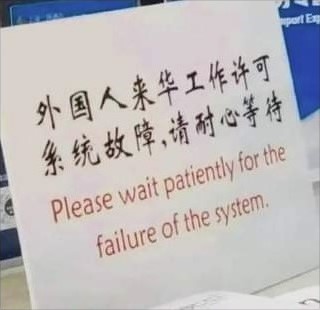Dominic Cummings:
The EU has kneecapped itself and is failing in all important areas: productivity, debt, public order, immigration, defence, technology, political extremism. Brussels chose self-sabotage on advanced technology. Unlike Britain which at least has DeepMind here, the EU has none of the leading labs. As the Commission said, we will be leaders not in AI but ‘trust in AI’! Mission semi-accomplished comrades! Brussels can kneecap itself and other countries that choose to follow its regulations but it will not compete with US and PRC or shape the global struggle over AI. Valley companies have already made clear they will simply not release models in the EU rather than follow EU regs. Taliban today can download new models now blocked for Brussels elites. Those who think AI will be like aspects of post-war car regulation are wrong. AI is ultimately about power and Great Powers will not let Brussels set the rules. I’ve watched SW1 repeat soundbites from the EU for 25 years on ‘strategic autonomy’ and ‘now we’re going to get serious on technology’. They’ve always been hollow. I said in 2022-4 that covid predicted that not even wanting to prevail in Ukraine would force either the MoD or Brussels to stop the delusions. They babbled and watched. They left defence industry and procurement a farce. They encouraged deindustrialisation and sabotaged industrial production while babbling about net zero. Thanks to Brexit and the work we did in 2020 with the secret part of the Integrated review exposing the disaster zone of the MoD and agreeing a plan for radical change, we could have sorted ourselves out. Instead, 2021-4 the Tories worked with the worst parts of the MoD to continue the lies and delusions and followed the EU into escalating a dumb war which could have been avoided. The latest defence review is a disaster and the UK and EU will be humiliated month after month.
Thoughts:
1. There but for the grace of God go we.
2. UK and EU politics and culture are farther gone than ours. However, as in the 1970s with Thatcher and perhaps now with Trump, political and cultural course reversals are possible given gifted opposition leaders and a preference cascade or two.
3. The British establishment, by criminalizing dissent, insure that even more than our Democrats they will not see the political wave coming that turns them out of power.
4. It’s never over.
